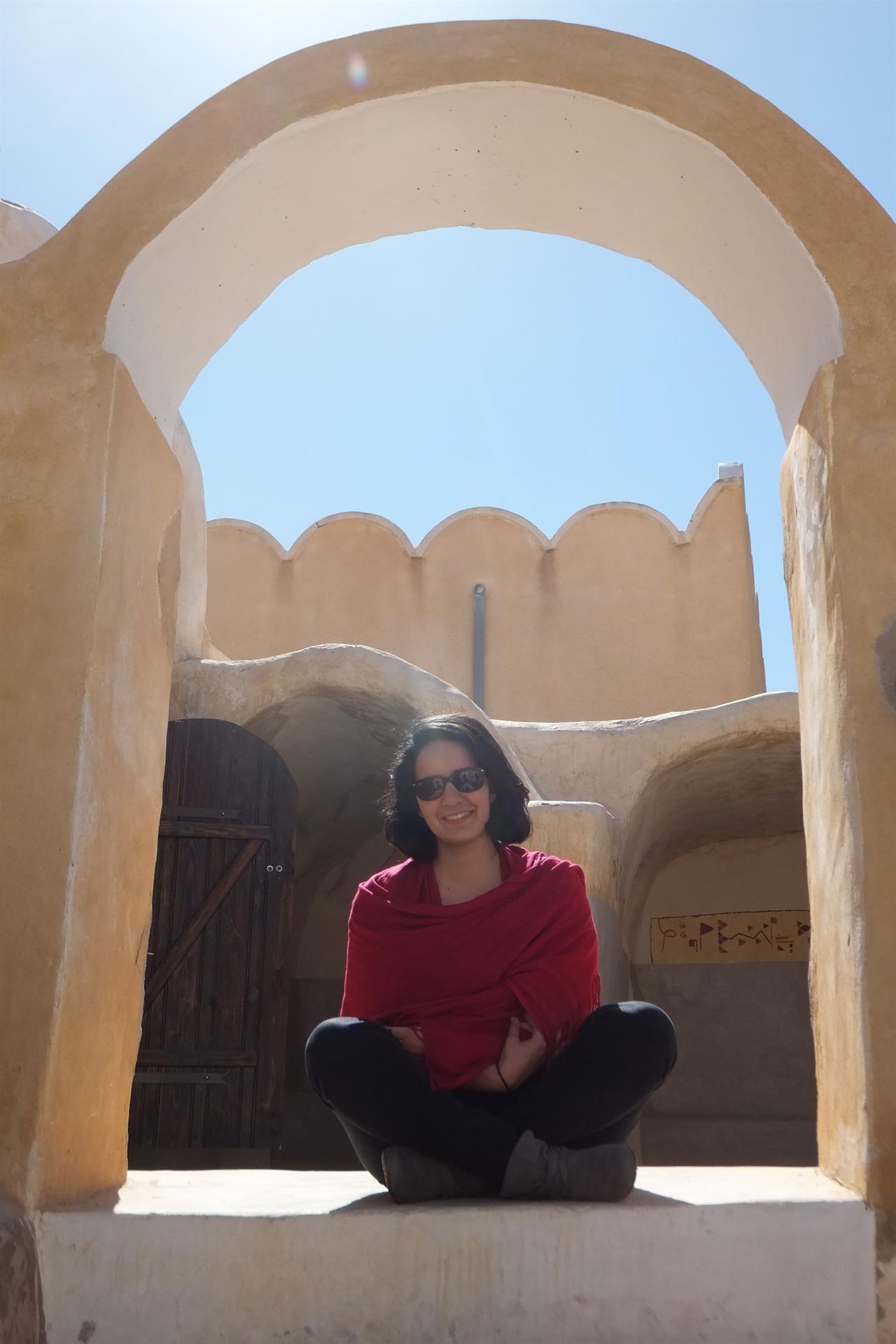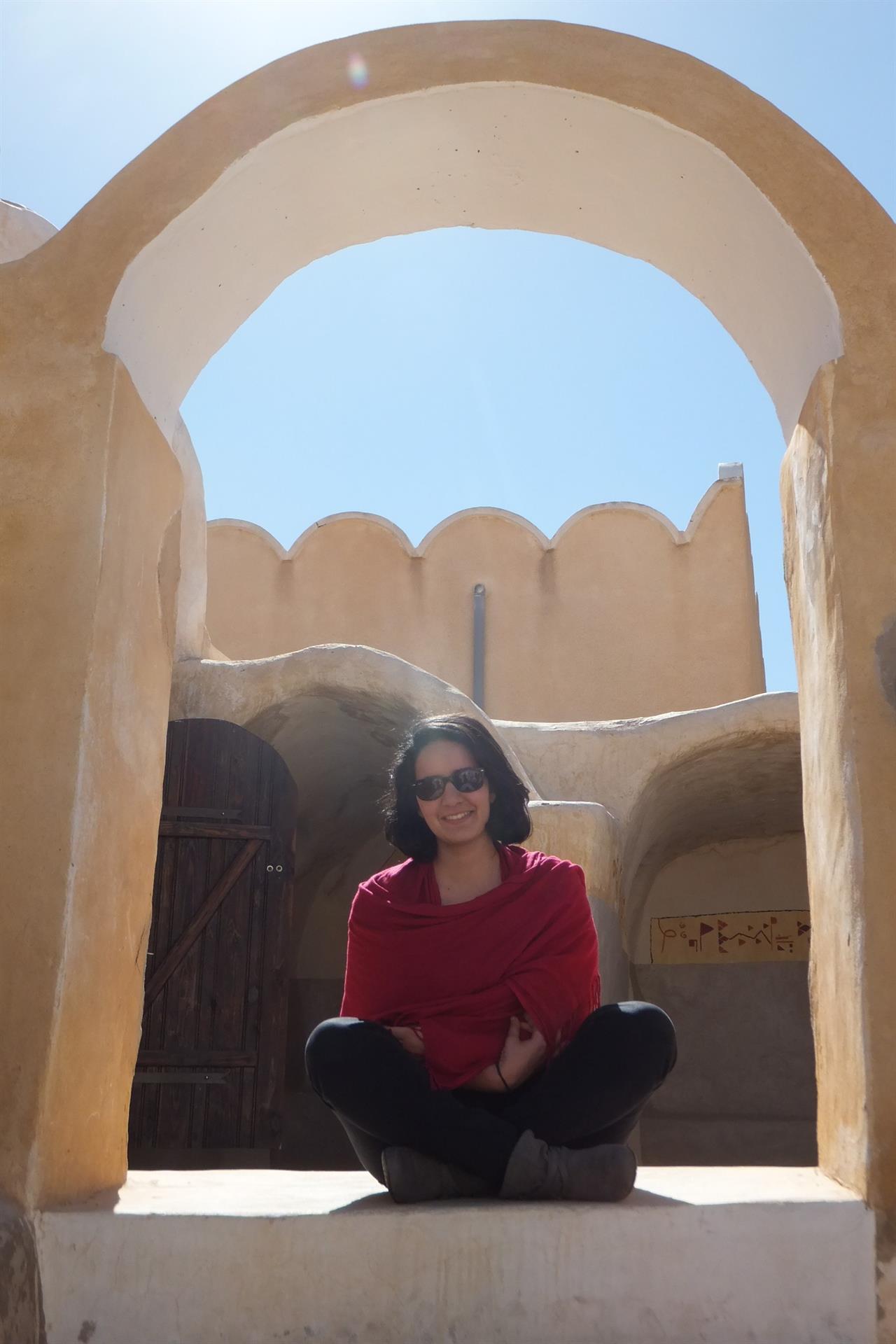
While, this week, a twitter follower was questioning my belief that the crisis in Europe is rooted in its lack of innovation, a short trip to Tunisia has convinced me even more deeply by adding a further piece to the puzzle: the lethargic brains of Europeans won’t be woken up by futile internal debates – eg Sarko, oui ou no – but from the neighbours.
In Old Europe we still believe that the Arab World needs guidance from the West. From American MEPI to the European Anna Lindh Foundation it’s amazing the quantity of initiatives and funding still targeting the Arabs within this framework, despite the questionable results.
As is my habit, I look at the problem the other way around. I wonder what Europeans can learn from the Arabs. Can the Tunisians and the other youth of the Arab Spring inspire their Western neighbours to come out of their comfort zone and rediscover a culture of radical change?
After 3 months of non-stop working, last week I had to take a break. As usual I combined my holiday with some work meeting relevant people and visiting potential partners. After another failed application to start working in Northern Africa, I decided to go to Tunisia for a bit of scoping. The country is the safest choice for a pilot in the region.
Two days after my arrival in Tunis I was caught in the middle of the transformation that since January last year has progressively shaken off the country’s old institutions layer by layer. From the terrace of my hotel I witnessed the clashes between demonstrators and police on the Day of Martyrs.
This is nothing new. It’s the 20th century plot for government change. My target was a newly established civil society organisation: the Tunisian Center for Social Entrepreneurship (TCSE).
I’ve been in contact with the founders, Hatem and Asma (see picture) for few months. The center doesn’t have an office but a fancy blog. Hatem commutes between Washington and Tunis while Asma travels constantly across the country writing emails in impeccable English. Is this a portrait of the new Tunisian generation which has led the revolution through Facebook and Twitter?
Perhaps, but what matters is the passion and determination I found in all the people – young in age or spirit – that I met in a day of meetings organised for me by Asma, back to back from breakfast to dinner.
“The elected government is not delivering against promises” a retired ILO official dares stating. It’s more concerned by handing out money to control the burgeoning youth unemployment. “The Amal (Hope) is a policy providing a monthly allowance to keep the youth at the bar so they don’t gather in the streets, killing their entrepreneurship and increasing national debt”.
“The situation is dramatic and is not reflected in the statistics. Keen on portraying Tunisia as a success story, the previous regime faked all the data” tells me a Tunisian academic who has recently been called back from the UK to run the national institute of strategic studies.
I hope the Europe Union won’t make the usual mistake of flooding the new government with funding while ignoring the people. The policy ‘A Partnership for Democracy and Shared Prosperity with Southern Mediterranean’ launched last year seems to be looking in the right direction, but the implementation is lagging behind.
We, at Euclid, won’t wait for Baroness Ashton and her staff to make up their minds but have already started developing a partnership with TCSE to run a social innovation competition in Tunisia and help the winners to forge social joint ventures with peers from across Europe. This is a peer-peer integration.
Several members in southern Europe are keen on opportunities in the Mediterranean. The sea has been a source of knowledge and prosperity for Europe since its dawn. In Greek mythology Europa was a Phoenician princess from the actual lebanon kindnapped by Zeus.
Changes in the Arab World will revive those old channels as long as Europeans are open to the revival.
Nessuno ti regala niente, noi sì
Hai letto questo articolo liberamente, senza essere bloccato dopo le prime righe. Ti è piaciuto? L’hai trovato interessante e utile? Gli articoli online di VITA sono in larga parte accessibili gratuitamente. Ci teniamo sia così per sempre, perché l’informazione è un diritto di tutti. E possiamo farlo grazie al supporto di chi si abbona.

